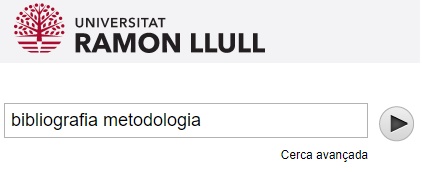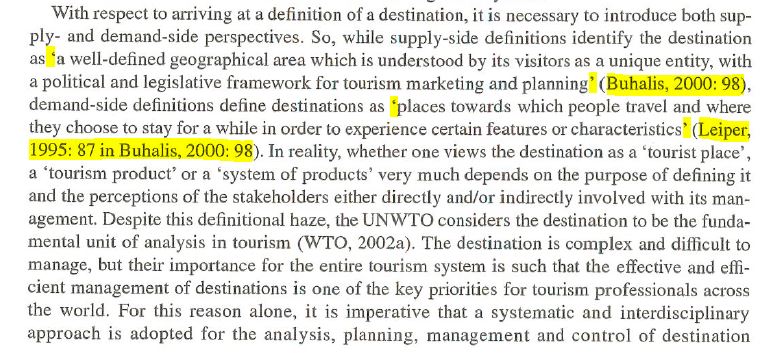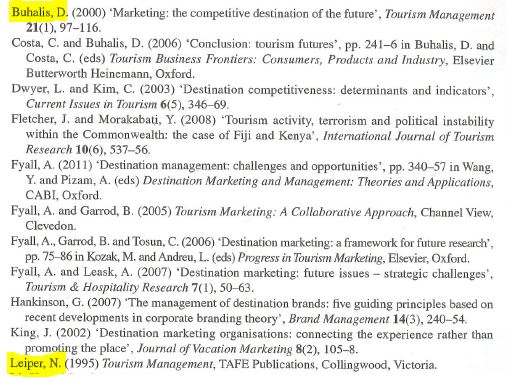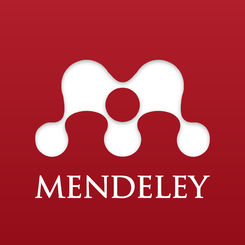Copyrights and citation of documents
All scientific work needs to be well documented and should be cited those sources that have been used in recognition of the work of others to define responsabilities or autorship. The omission of this recognition is considered an appropiation and is called plagiarism, because everything should be cited that is not proper (whether texts, images, audiovisuals, etc.) and doesn't belong to domain knowledge.
Check the citation of documents and the available tools
Copyright and intellectual property
Intellectual property manifests itself in two types of rights: moral rights and exploitation rights. They belong to the author by the mere fact of the creation of the literary, scientific or artistic work and gives him personal and patrimonial rights. A work cannot be used without the prior authorization of the author and these copyrights last, according to the current legislation, during the whole life of the author and up to 70 years after his death. After this part of time the work becomes the domain public. In those cases of social or cultural interest, the use of a work is allowed giving the possibility of reproducing the work or part of it without express need of the author in certain cases:
- for a private use
- in citacions and reviews for educational or research purposes, indicating the source of information and the name of the author
- for non-profit use in certain cultural and scientific institutions
These copyrights are legislated mainly in the legislative text of Ley 2/2019, de 1 de marzo, por la que se modifica el texto refundido de la Ley de Propiedad Intelectual, approved by Real Decreto Legislativo 1/1996, of 12 of April, and by which the Directive 2014/26/UE of the European Parliament and of the Council, of 26 February 2014, and Directive 2017/1564 of the European Parliament and of the Council are incorporated into the Spanish legal system, of September 13, 2017 and Real Decreto 281/2003, de 7 de marzo, por el que se aprueba el Reglamento del Registro General de la Propiedad Intelectual.
Some frequently asked questions
What creations are not protected by intellectual property?
Ideas, facts, information as such, mathematical theories and algorithms, as well as legal or regulatory provisions, acts, agreements, deliberations and opinions of public bodies.
If a work doesn't have a copyright symbol, is copying and reproduction allowed?
If a work doesn't have any note indicating its legal situation, it should be understood that no use is allowed without prior authorization, that is, all rights are reserved, except for the cases provided by law.
What is the citation exception?
It is the limit provided to the law that allows the inclusion in a work of fragments of other works, provided they are works already disclosed and that the inclusion is by way of citation or to make an analysis, comment or critical judgement. This use can only be made for teaching or research purposes, justifying the incorporation and indicating the source of intormation and the name of the author of the work used.
Can Internet material be used?
Yes, provided it is used in one of the cases provided as a limit to copyright, or if the material is subject to some type of license that allows its use. Depending on the conditions of this license, one use or another may be made.
What is an Open access journal?
It is a free access publication that doesn't use intellectual property to restrict access and use of published materials, but uses the rights to ensure access and allow its use, giving authors control over the integrity of their work and the right to be recognized and cited appropriately.
What are Creative Commons licenses?
They are free public licenses that allow to regulate the author rights and that give the possibility of developing new ways of collaboration. For more information on general aspects and licenses, check the website of Creative Commons.
The information provided is for guidance purposes and in no case can be considered legal advice. The IQS Library declines any responsability for the use made of this information.
Citation of documents
Within the text of the work, referrals or calls are made to a consulted document from which the idea we are expressing has been extracted, or a brief text is directly incorporated - between quotation marks - to indicate that it is a literal copy. Referrals to the original document are made with an author-year key that will allow us to locate it in the section of our bibliography work.
| The citation in the text inform the reader that it is being cited at this point: | Complete reference information appears in the bibliography: |
|
|
|
 Due to the rapid evolution of Artificial Intelligence (AI), this tool and each of its particular cases are integrated into citation styles and bibliographic references. We remind yuo that all queries must be referenced regardless of the formats and media used. In each of the citation styles you will find examples and regulations to reference and list the biliographies in which AI has been used.
Due to the rapid evolution of Artificial Intelligence (AI), this tool and each of its particular cases are integrated into citation styles and bibliographic references. We remind yuo that all queries must be referenced regardless of the formats and media used. In each of the citation styles you will find examples and regulations to reference and list the biliographies in which AI has been used.
In the bibliography section we will present the list of the works cited following the most appropriate style depending on our area of study and the destination of our work. The following table shows the most used styles in the different areas of knowledge that are studied in IQS, according to EndNote, althouht you should be agreed or informed the style that is requested to do each work or article for different scientific publications:
| Citation Style | Knowledge Area | Examples |
|---|---|---|
| ACS | Chemistry | |
| APA | MBA, Humanities | Acces to APA 7th ed. |
| Chicago | Economy, Humanities | Acces to Chicago tutorial |
| Harvard | Science, Economy | Access to Harvard tutorial |
| IEEE | Engineering | |
| ISO-690 | Multidisciplinary | Acces to ISO-690 tutorial |
| Vancouver | Health Sciences, Veterinary |
Tools
|
|
To manage the your bibliography, you can use the Mendeley reference manager. If you need more information about this manager, contact the Library. |
 |
You will find more information on the subject in the IQS catalog: acces to the search by subject about bibliografia metodologia. |





